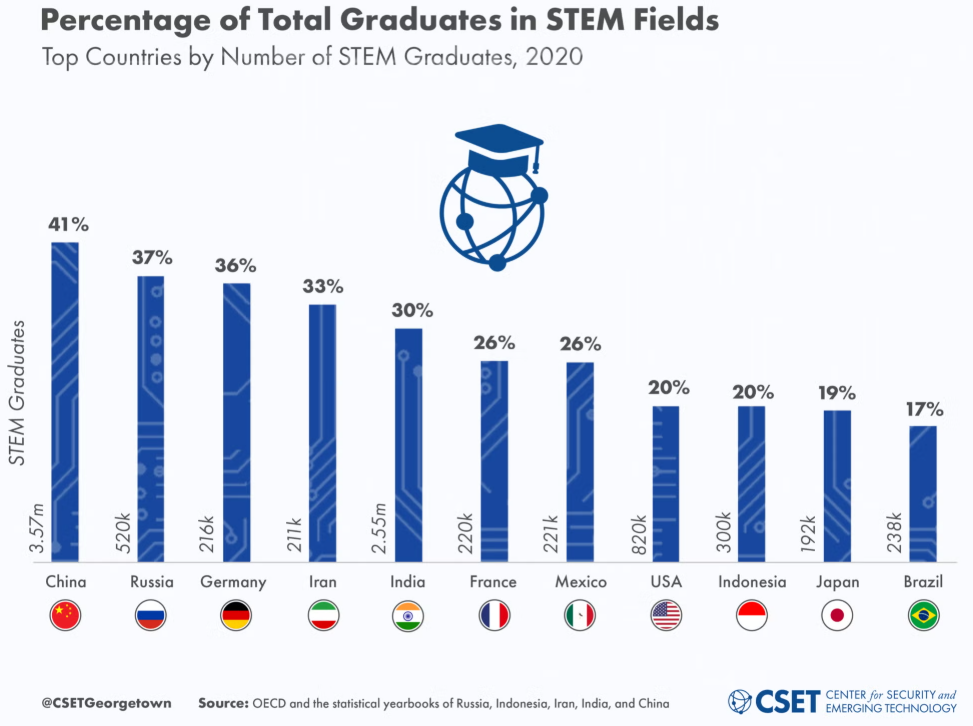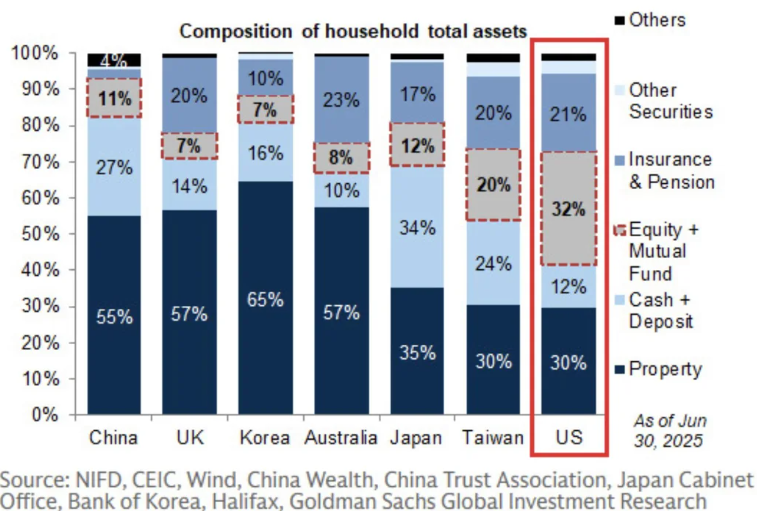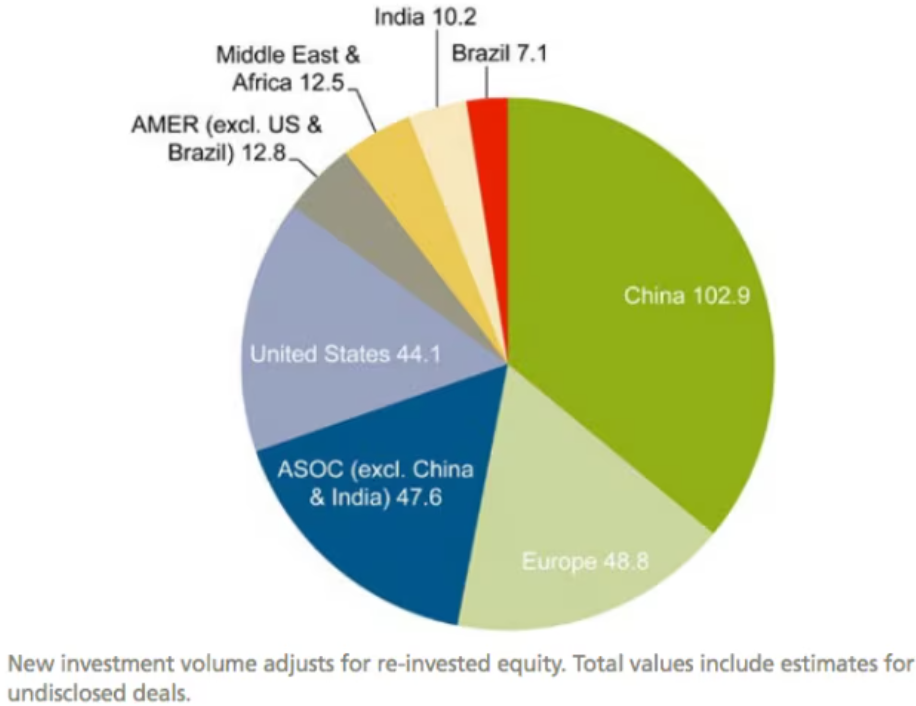Colin Read • October 26, 2024
And They Call It Democracy - October 27, 2024

(graphic courtesy The Economist Intelligence Unit Democracy Index, https://commons.wikimedia.org/wiki/File:Economist_Intelligence_Unit_Democracy_Index_2023.svg)
I confine my blogs to objective matters for which we can hopefully all agree if given the same facts. Politics is thus not the realm of economists. However, an unrepresentative voting scheme is undemocratic, potentially problematic, and a divided nation has serious economic implications. If we do not elect presidents and prime ministers who attempt to foster a consensus across all citizens, our economy is in peril.
The recent Nobel Prize in Economics went to three scholars this year who demonstrated the importance of our cultural cohesiveness. Colonial powers who ruled nations based on the self-interest of a monarchy rather than the aspirations of all its colonial subjects demonstrate lower growth and prosperity, logically enough. And, countries that defy democracy in favor of a more authoritarian approach which excludes the desires and aspirations of wide swaths of society are equally imperilled. The United States has become increasingly a nation divided. Given the divisions in this election year, we find most presidential elections in this century have been decided by a relatively small handful of people.
If there remain any widely-held beliefs in the United States anymore, one would imagine that we could all agree that all legitimate votes of citizens should be tallied and that the nation should elect its president based on the popular vote. Yet, the country seems to increasingly take great pain to ensure this does not happen.
Hopefully we are well past those eras when the president was decided by Congress, as occurred with John Quincy Adams in 1824 and Rutherford B. Hayes in 1876, or through widespread corruption and purchase of votes, as occurred when Benjamin Harrison was elected in 1888. Since then, only George Bush in 2000 and Donald Trump in 2016 have lost the popular vote but still won the presidential election.
These elections, and even the Biden win in 2020, and likely the election in 2024, test the premise of one-person one-vote. I am sure we could have a lively debate over the premise of whether elections are fair and votes are properly tallied. Let’s instead determine whether we live in a nation in which the president is elected by us all and hence has some obligation to serve us all. We shall see that half the elections in this new millennium have been decided not by a nation but by the tiniest sliver of the population, and contrary to the popular vote twice this century already.
Such is the distinctly 21st century phenomenon in America. Just as thousand year floods seem to occur every year now, highly divided and divisive elections now seem the norm. There have been three elections (out of six so far) that demonstrate how just a few voting citizens determine the choice of our leader for four years. Each arose because presidents are actually not elected by a popular vote of the people but are rather chosen by the allocation of 538 electoral college votes as determined by the states and the District of Columbia.
These electoral college votes are allocated based on the sum of 100 senate seats and 435 house seats distributed across all states, and three delegates given to the District of Columbia. Most all jurisdictions issue their electoral college votes in a winner-take-all contest, while Maine and Nebraska allow each congressional district to choose its electoral college vote separately. It is the majority of 270 (out of 438) such electoral college votes that chooses the president.
A small state such as Wyoming has two senators and a congressperson and hence has three votes, but so does Montana with about twice the population. Meanwhile, Texas has more than fifty times the population of Wyoming but only thirteen times the number of electoral college votes. The electoral college thus gives far more influence per citizen, by a factor of four, to the smallest states compared to the largest. If you want your vote to count the most, move to Wyoming.
Beyond the anomalies in the 1800s, there have been only two instances when the candidate who received the most votes across all Americans did not win the presidential election. All have been recent. George W. Bush won in 2000 with 537,179 votes less than Al Gore, Bush won with 537,179 votes less than her opponent, but in an election where 12,411,567 votes did not matter because of the design of the electoral college. Donald Trump won in 2016 with 2,621,823 votes less than Hillary Clinton and with 19,759,957 votes that did not matter. This pattern may be repeated a third time in the sixth presidential election this century.
The more troubling aspect is how just a few citizens swung those elections. I live in a smallish county in New York State, with a population of about three quarters that of the average sized county in the nation. Yet, the elections in 2000, 2016, 2020, and likely in 2024 were ultimately decided by a population smaller than my county.
In 2000, a Supreme Court halted a full recount of all mistallied ballots in Florida and gave its winner-take-all electoral college votes to President Bush with a bare partial tally majority of 271 votes. In 2020, President Biden won by a similarly slim electoral college tally. In that year, if 32,505 people switched their vote from Biden to Trump in just the three states of Arizona, Georgia, Wisconsin, and one congressional district in Nebraska, Trump would have been reelected. And, in 2016, if 38,873 key citizens voted differently in Michigan, Pennsylvania, and Wisconsin, Hillary Clinton would have become the first female president in the nation’s history. In three key elections already this century, a decision equivalent to barely a third of my small county decided the fate for an entire nation.
Our electoral college system, while surely well-intentioned, and which worked well when states were of similar size, is now failing us by frustrating our ability to choose a president most popular across the entire nation. I live in a state in which my vote will not much matter because the population typically votes in a lopsided manner. In my state, while we like to think that every single vote matters, more than three million people with allegiances to one party or another need not show up to vote without changing the outcome one bit. Yet, a hundredth that number, not much more than 30,000 people in three much smaller states, and one congressional district in Nebraska, were the deciding factor that elected President Biden. And, in Florida in 2000, 537 tallied votes decided its electoral college winner-take-all outcome, and with it, the election of George Bush, despite his loss in the popular vote to Al Gore.
It would be nice if we truly lived in a nation in which the vote of every citizen mattered as much as any other citizen. Most presidential systems use the popular vote system, but parliamentary systems do not. For instance, should Justin Trudeau run again to be prime minister of Canada, he must win his riding of Papineau in the Province of Quebec and then receive the support of a plurality of the 338 members of the Canadian parliament. In 2021, Trudeau received only 22,848 direct votes of Canadian citizens but still garnered the power within his nation that few presidents could imagine.
Our various alternative political systems muddle along, some perhaps better than others, despite the features of or flaws in our electoral systems. One overriding feature of a well-functioning society and economy, though, should be the sense of belonging each of us have. This truism was verified by the research of Nobel Prize-winning professors Acemoglu, Johnson, and Robinson recently. There can be nothing so important to each of us than the knowledge that the right we earned through our citizenship is no less than that of any other citizen. When people believe our national leaders do not feel an obligation to represent us all, a once-united state becomes divided and engages in infighting and revolt rather than cooperation and the ability to stand together in the national interest.
There is a simple fix, though. Since congressional districts are allocated based on population, we would go much farther toward representation by population if all states replicate what Nebraska and Maine already do. If electoral college votes were allocated based on the popular vote in each of the 435 congressional districts, only the disproportionate problem that 100 electoral college delegates apportioned evenly across states would remain. However, some of the problem would be remedied because at least every congressional district of about 700,000 people would get similar attention, with only a modicum of advantage going to the handful of states (Alaska, the Dakota states, Delaware, Montana, Vermont, Wyoming) that get a district even though their population is below the threshold. The problem remains that congressional districts have also suffered decades of gerrymandering by partisan legislatures to optimize wins for their party and minimize seats for their opponents. This returns us to the only truly fair approach - one person, one vote election of the president on a popular vote basis as is done for most presidencies worldwide.
Certainly we would feel more included in the selection of the leader of our nation if our candidates campaigned to win the vote of all of us rather than made promises and showering messages upon just a few states that their pundits have determined matter more. But, with the American-style electoral college system, policies and promises are concentrated on about 30,000 voters in just a few locations in the hopes candidates can switch their vote, or on twice that number politicians try to entice to vote at all, in a nation 10,000 times that size. Whatever one's political stripes, should that be called democracy?









